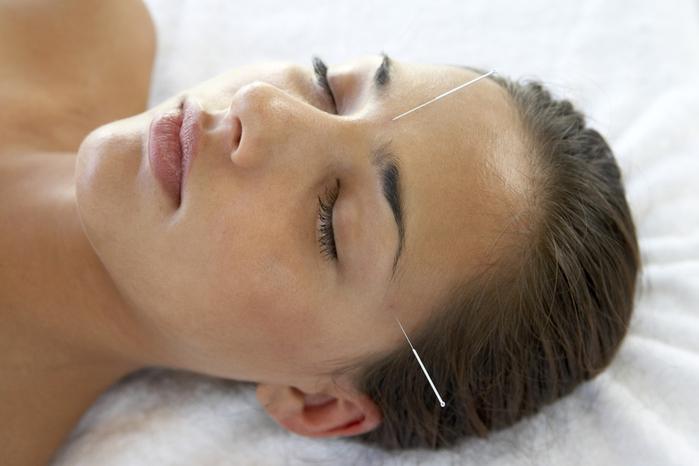
Alternative cures and remedies are today often considered when typical or prescribed treatments or regimens fail to live up to the mark. Traditional Chinese Medicine and Acupuncture have been practiced for thousands of years and is well known as a means for managing pain and a wide range of conditions safely and effectively. In addition, acupuncture can serve as a complementary or alternative therapeutic measure, for disorders that are often difficult to treat with conventional medication.
The International Headache Society has developed a classification system for migraine and headache and defines migraine as one of the main types of primary headaches. It is estimated that approximately 28 million Americans suffer from migraines on an ongoing basis.
A migraine can be irritating and debilitating, it manifest with physical symptoms such as severe and throbbing pain on one side of the head, sensitivity to light and sound, nausea and possibly vomiting. Some patients have also reported other symptoms such as dizziness, irritability, insomnia, tinnitus, low back pain, fatigue, loss of appetite, or a need to lie down. A migraine attack can stem from food allergies and intolerance, improper diet, emotional concerns, stress, working long hours without adequate rest, menstrual cycle, the change in the weather, just to name a few.
The National Institutes of Health and the World Health Organization recognizes acupuncture as effective in the treatment of over 40 western medical diseases, disorders and symptoms including migraine pain. Traditional Chinese Medicine and Acupuncture is a safe, effective alternative therapy that can be used for migraine pain. Acupuncture activates the body's natural healing potential by treating the root causes that have led to the problem or disease. Research shows that acupuncture triggers the body's own mechanisms for manufacturing and releasing its own pain relieving chemicals. These chemicals are endorphins and dopamine, opioid-like compounds that produce the feeling of well-being and reduces pain.
Acupuncture views each person holistically and individually, no two people are alike. Every cell in a person's body is interconnected to others and functions as part of an integrated whole. In other words, acupuncture treats the whole person, not just parts and pieces. The root causes of a symptom that two people experience may be completely different.
Acupuncture is an effective preventative medicine with no negative side-effects, only positive ones. Acupuncture is a completely natural therapy and works directly with the body's natural processes, not against them. No drugs are ever used. Invasive procedures and drug therapies used in Western treatment may produce undesirable side effects and accumulated toxicity in the body. Acupuncture does not have these side effects. In fact, feeling great is the most commonly reported results.
Compared to some expensive Western medical therapies, treatments and medications, acupuncture is affordable and effective and it may help you avoid further medical expenses and complications down the road when it is used as a primary treatment plan or an adjunct therapy. Acupuncture can also help you make lifestyle changes and prevent future illness.
Leave a Comment